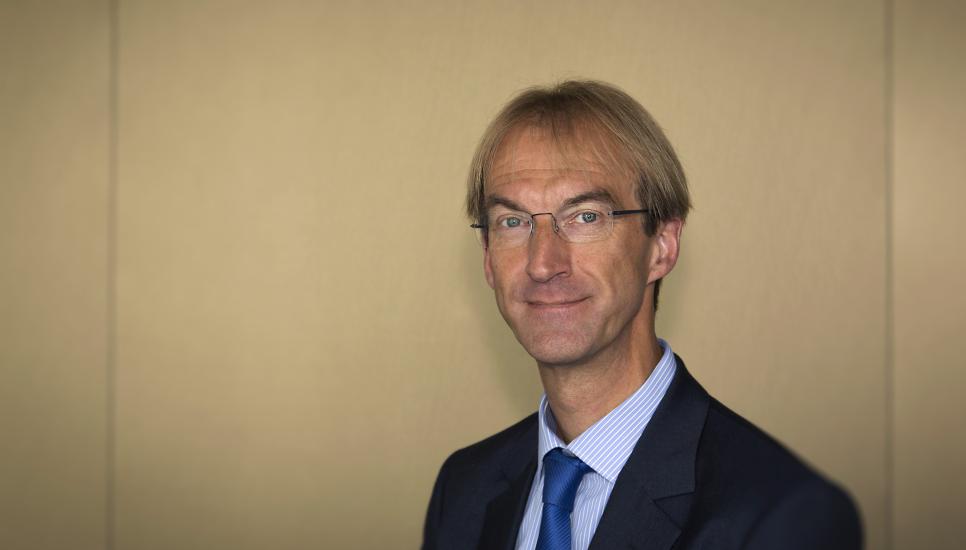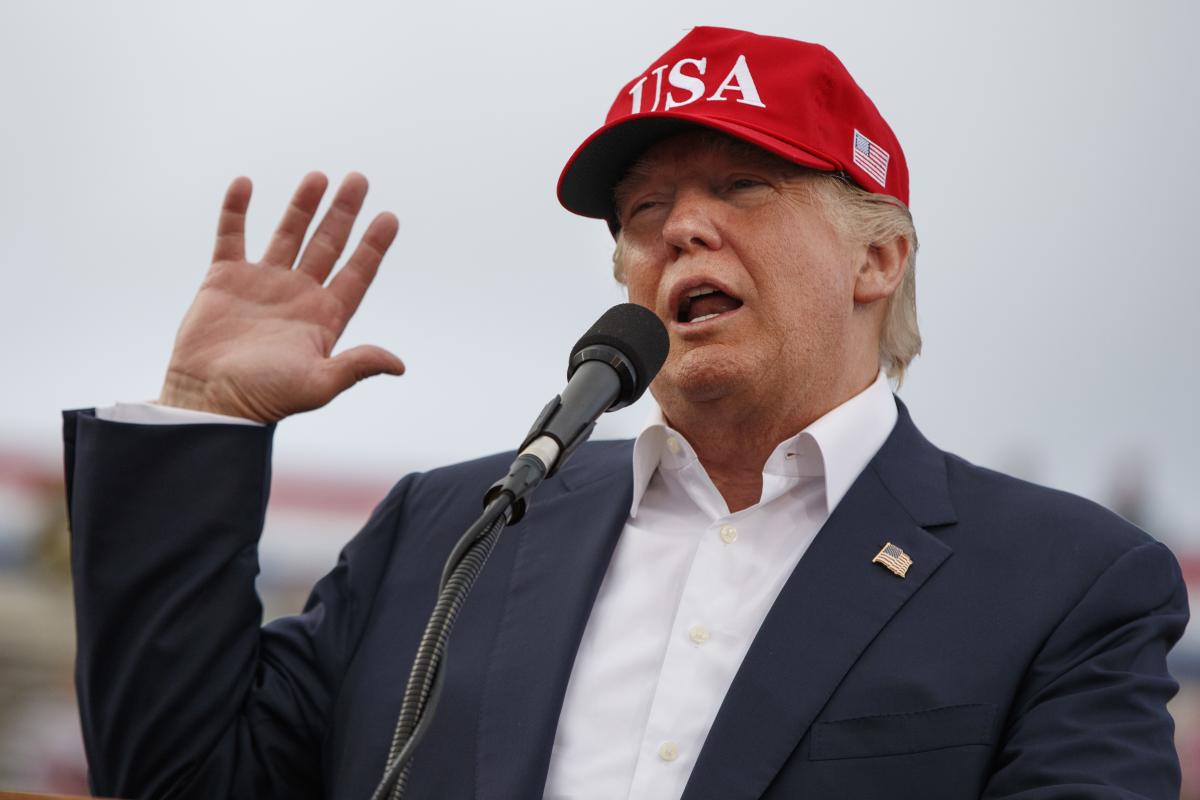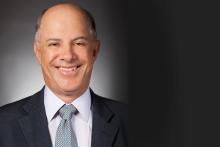Think basic assets as backlash blows over, says Rothschild

Family office investors should remain steadfast and open minded during this period of political uncertainty, a top wealth adviser says.
“People [are] suggesting that markets are horribly expensive and that the global economy is going to slow down precipitously,” Kevin Gardiner, Rothschild Wealth Management's global investment strategist, said.
“I'd keep an open mind because I'm not sure either of those things are true.”
Gardiner was speaking at a press briefing titled “Non-event risk? Subtle politics, straightforward economics” where he considered the impact, or lack thereof, of the past year's political events on capital markets.
When asked what advice he would give ultra-high net worth family businesses, Gardiner said there were many strong views being “hurled” around.
Events including the Brexit referendum and Trump's election had led some commentators to predict a generalised global “backlash” against free markets. This was not materialising, Gardiner said.
“[There was] the idea that President Trump and the Brexit referendum could be joined up in a straight line, through the Italian referendum to a big backlash against globalisation and liberalism,” Gardiner said.
“It always felt like it was a caricature… and a misleading one.”
The Dutch, German state and French presidential elections had all shown that maybe “populism isn't so popular”.
 “I'm not saying there wasn't a backlash against “the establishment”, of course there was. But the backlash may have been no more coherent than a desire to 'stick it to the man', as we say.
“I'm not saying there wasn't a backlash against “the establishment”, of course there was. But the backlash may have been no more coherent than a desire to 'stick it to the man', as we say.
“If there really were a significant backlash against business in aggregate, the opinion polls wouldn't be saying what they are about the UK election and the current government wouldn't have been elected in 2015.”
Last month CampdenFB approached a range of commentators to discuss Trump's presidency and its impact on family businesses. Their responses unanimously pointed to benefits around proposed reduced regulation and a simplified, lower tax structure.
John A Davis, chairman of the Families in Business programme at Harvard Business School and chairman of adviser Cambridge Family Enterprise Group, said Trump would lower or eliminate the estate tax, or at least lower how ownership in family companies is valued.
“This is a boon to the relatively small number of family companies affected by these taxes. He will try to reduce regulations, which could be helpful, depending on which regulations are reduced or weakened.”
Back in the UK, Gardiner downplayed the effect of Brexit on the economy, but said he was predicting a so-called “hard” Brexit, as much of the political impetus to leave the EU seemed to be to control immigration.
“I think how disruptive [Brexit] will be will be difficult to gauge… We have to anticipate a degree of friction being reintroduced with our European trading partners. I don't think that friction is unbearable and I think it's the type that might almost be lost in the wash on the five-year-view.”
.jpg) In five years, Gardiner predicted the UK economy would have grown and people would be better off on average. People would likely attribute this to a “successful” Brexit.
In five years, Gardiner predicted the UK economy would have grown and people would be better off on average. People would likely attribute this to a “successful” Brexit.
“Whereas for me I think the reality is we would have grown anyway, and I think we would have grown even more if we'd stayed in, though you can't easily present that to people,” Gardiner said.
“The time and energy which is expended on this debate is a cost in itself. Given I feel we can live with it, I think we should just get on with it.”
He also advised family offices to keep their investment strategy simple.
“Many family offices are very wealthy and staffed by frighteningly bright investors. But there are diminishing returns to sophistication and complication in capital markets.
“I would encourage even the largest family office to think in terms of the basic assets of cash, bonds and equity, rather than fall in love with alternative assets.”






